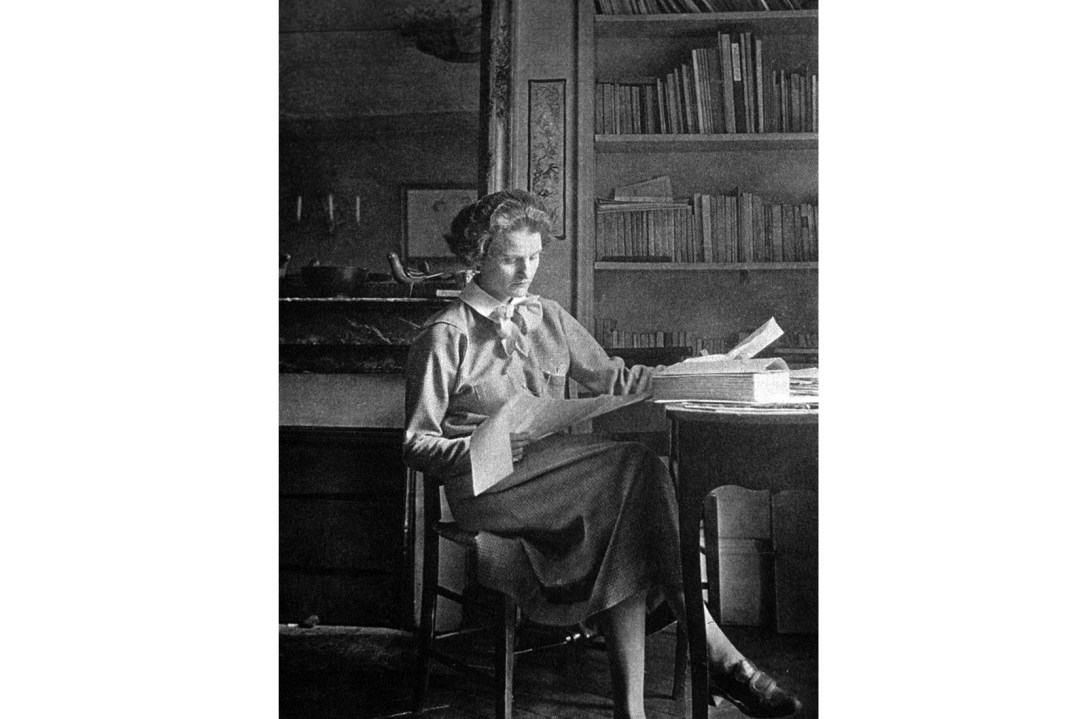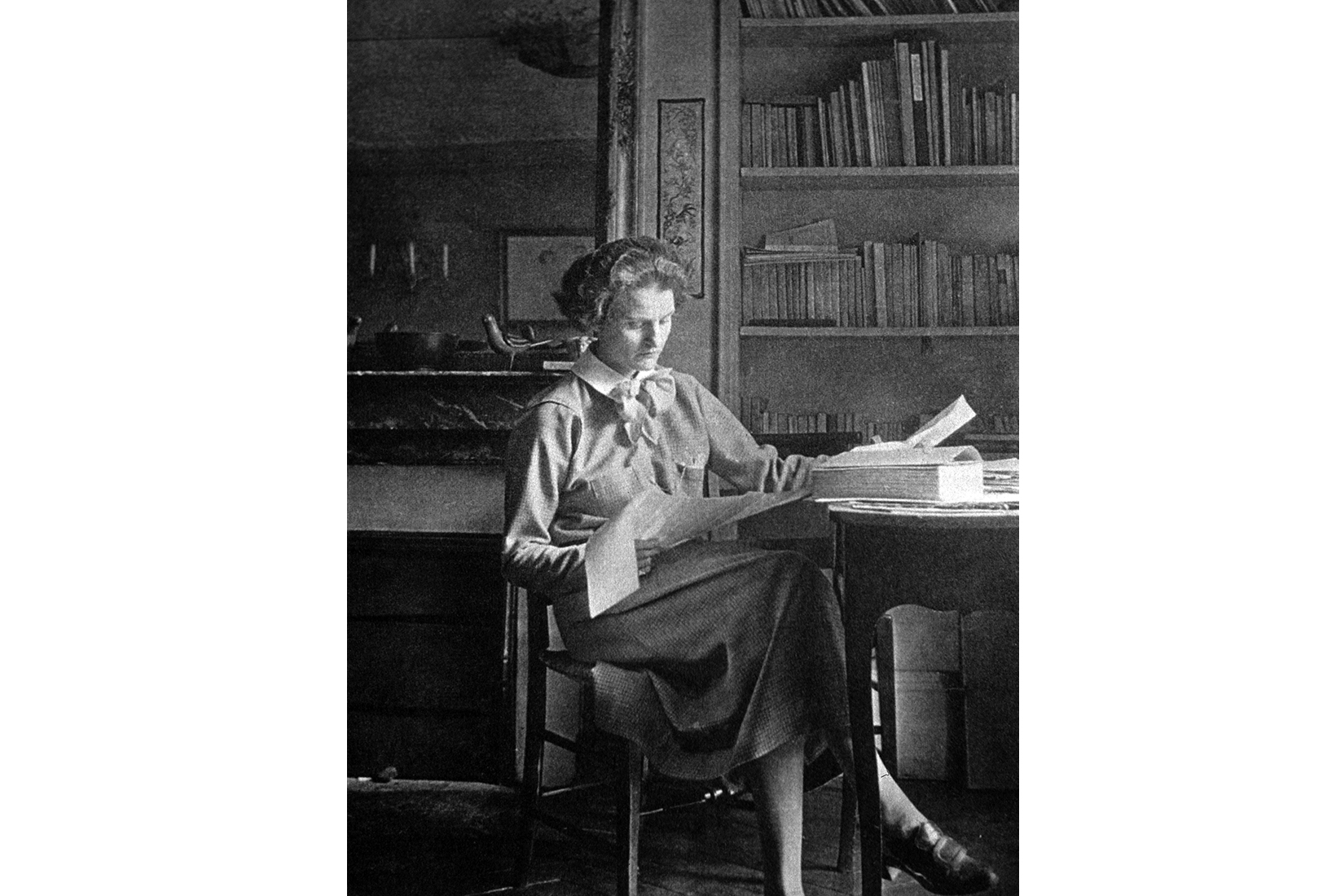I like a book that can put its point in four outrageous words and use it as its title. Diana Souhami might be right. Without the women her book is devoted to, literary modernism would have looked very different. A consciously new approach to writing met a body of women who were being heard for the first time; the results were compelling. At the beginning of a novel by one of them, Gertrude Stein’s The Making of Americans, the terror of masculine traditions is concisely stated:
Once an angry man dragged his father along the ground through his own orchard. ‘Stop!’, cried the groaning old man at last, ‘Stop! I did not drag my father beyond this tree.’
If culture were ever to break those bonds of duty and repetition, it might be in the form of women, bonded primarily to other women, and creating objects in prose and verse never conceived of before.
Lesbian women had appeared in Victorian novels, but depicted in a characteristically indirect, deniable way — Dickens describing Miss Wade, for example, or Wilkie Collins’s Marian Halcombe. The law in England never took any account of lesbianism: it wasn’t, contrary to myth, Queen Victoria’s intervention, but the belief of the House of Lords that no woman would ever think of doing such things unless it was brought to her attention by legal proscription.
In French literature, the question had long been addressed with more clarity, at least as far back as Diderot’s La Religieuse; there are unambiguous lesbians in Balzac’s La Fille aux yeux d’or and in Baudelaire. It is sometimes thought that the many lesbian relationships in Proust are rudimentary translations of his male lovers’ heterosexual flings, but to me he seems fascinated by the secretive circles that Albertine and Andrée move in, and to have observed the reality of lesbian society very carefully.
Proust was fascinated by the secretive circles of Albertine and Andrée, and observed lesbian society very carefully
It won’t have escaped notice that all these examples are written by men.








Comments
Join the debate for just £1 a month
Be part of the conversation with other Spectator readers by getting your first three months for £3.
UNLOCK ACCESS Just £1 a monthAlready a subscriber? Log in